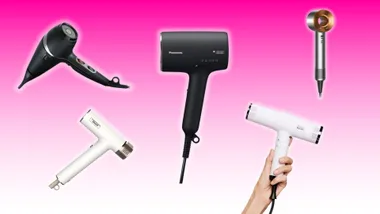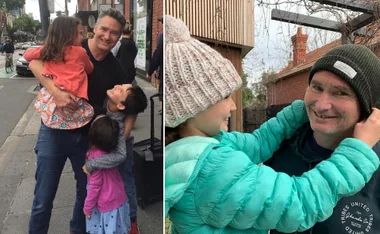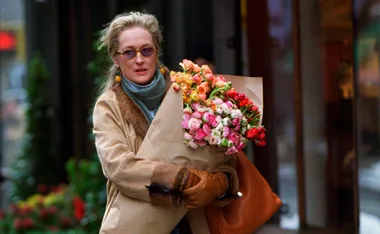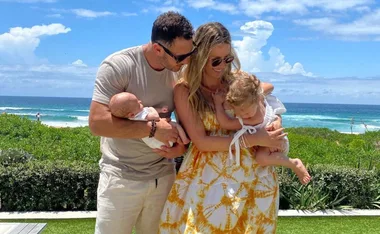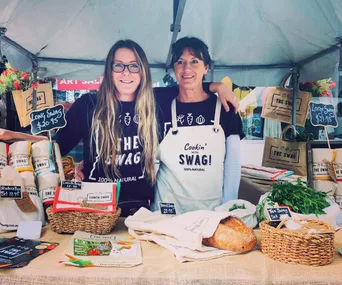We all know recycling benefits the environment. But here’s a lesser-known perk: keeping a tidy and organised space through recycling can also have a positive effect on your wellbeing, fostering a sense of purpose and community connection. Besides, who doesn’t love the satisfaction of a tidy and organised home?
Kerbside recycling has been in Australia for more than 35 years and children still learn the importance of recycling from a young age at school. As a nation, Australians get their waste to the right place 60 percent of the time even if some types of packaging stump us.
Then there’s the concept of ‘wish-cycling’. We’ve all been there: tossing something in the recycling bin and hoping for the best. While your intentions may be good, you might not realise how this does more harm in the long run.
Well, change is coming to Australia. Perth aims to achieve a 70 per cent reduction in landfill by 2025, while Sydney plans to halve the amount of organic waste sent to landfill by 2030. Many households across Australia are already making a difference by making landfill their very last resort.
Keep reading for our top tips to help you recycle better and make a difference in your community.
1. Keep a recycling bin at home
Proper recycling begins with a good system in place, and this means smart sorting. The best way to recycle is to ensure that there is a separate container near the kitchen bin. This makes it easy to rinse and recycle items as you use them. It also makes it easy to keep your recycling loose for the yellow lidded wheelie bin.

2. Understand which items can be recycled
There are only five things that belong in the yellow-lidded recycling bin at home. That’s cans, paper, and cardboard, as well as containers, bottles and jars made of plastic or glass. If you ever need help, the Recycle Right app is a fantastic tool to navigate which bin to put your rubbish and recycling in.
You can really clean up with your empty beverage containers. Western Australia’s Containers for Change initiative is an effective way to recycle responsibly and earn some money. Simply collect your 10-cent containers, ensure they are properly washed and drop them off at a refund point to earn 10 -cents per container. With hundreds of locations, there may be one closer than you think.
3. Rinse recyclables and keep ’em loose
It’s important to remember that items contaminated with food cannot be recycled. To ensure your recycling is accepted, make sure all lids are removed, containers are rinsed, and items are placed loose in the bin.
To avoid wasting water, simply swish your containers through leftover dirty dish water, or try the shake and rinse method with a small amount of water. Remember, if recyclables are placed inside a plastic bag or box, the recycling system won’t be able to sort them properly, so keep them loose!
4. Reuse where possible
While correct recycling is beneficial, reusing waste or upcycling, is even better. Recycling refers to transforming waste into new materials, typically through the yellow-lidded kerbside bin or at special drop-off centres. Upcycling, on the other hand, gives products a second chance before we send them away.
It involves reusing items in their current form, perhaps with a little creative flair, or refurbishing them for a whole new purpose. This not only keeps these materials out of landfills and recycling plants, but also allows you to breathe new life into something.
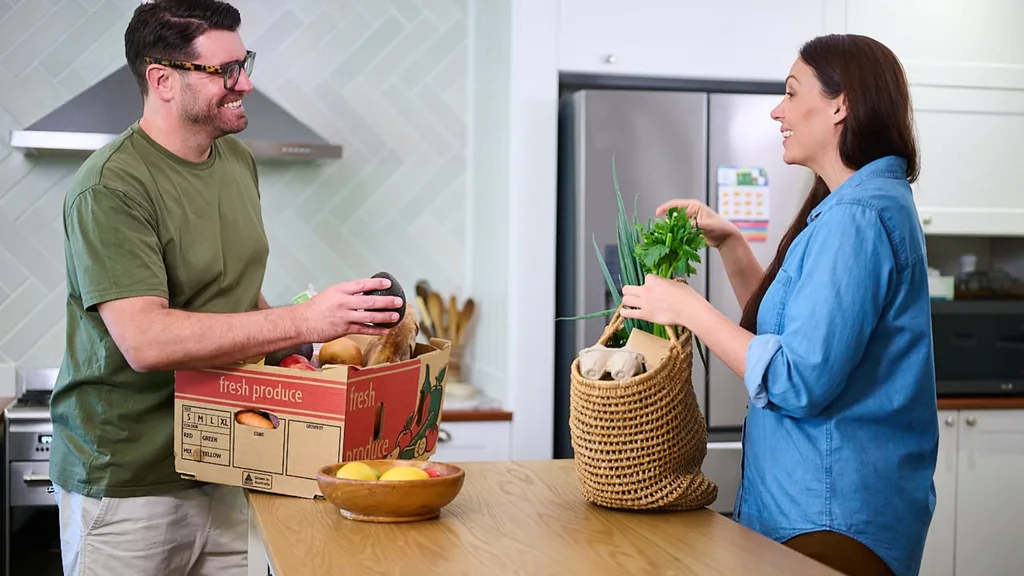
5. Get creative with upcycling
Everyday, household items can be transformed with a little imagination. Wash out glass jars and turn them into storage containers for herbs, sauces, or pantry staples such as rice and flour. Leftover takeaway containers can have a second life as storage for leftover food.
For those who are more creative, Pinterest offers an abundance of upcycling ideas, from DIY flower vases to repurposed kitchen utensil holders and candles. There are endless possibilities for all skill levels.
As a part of the Western Australian Government’s ‘GREAT Sorts’ campaign, recycling is one of the five key strategies to reduce household waste going to landfill (alongside gifting, earth-cycling, avoiding, and taking). Making conscious choices about upcycling and recycling can help minimise landfill waste and create a greener future.
 Getty
Getty
